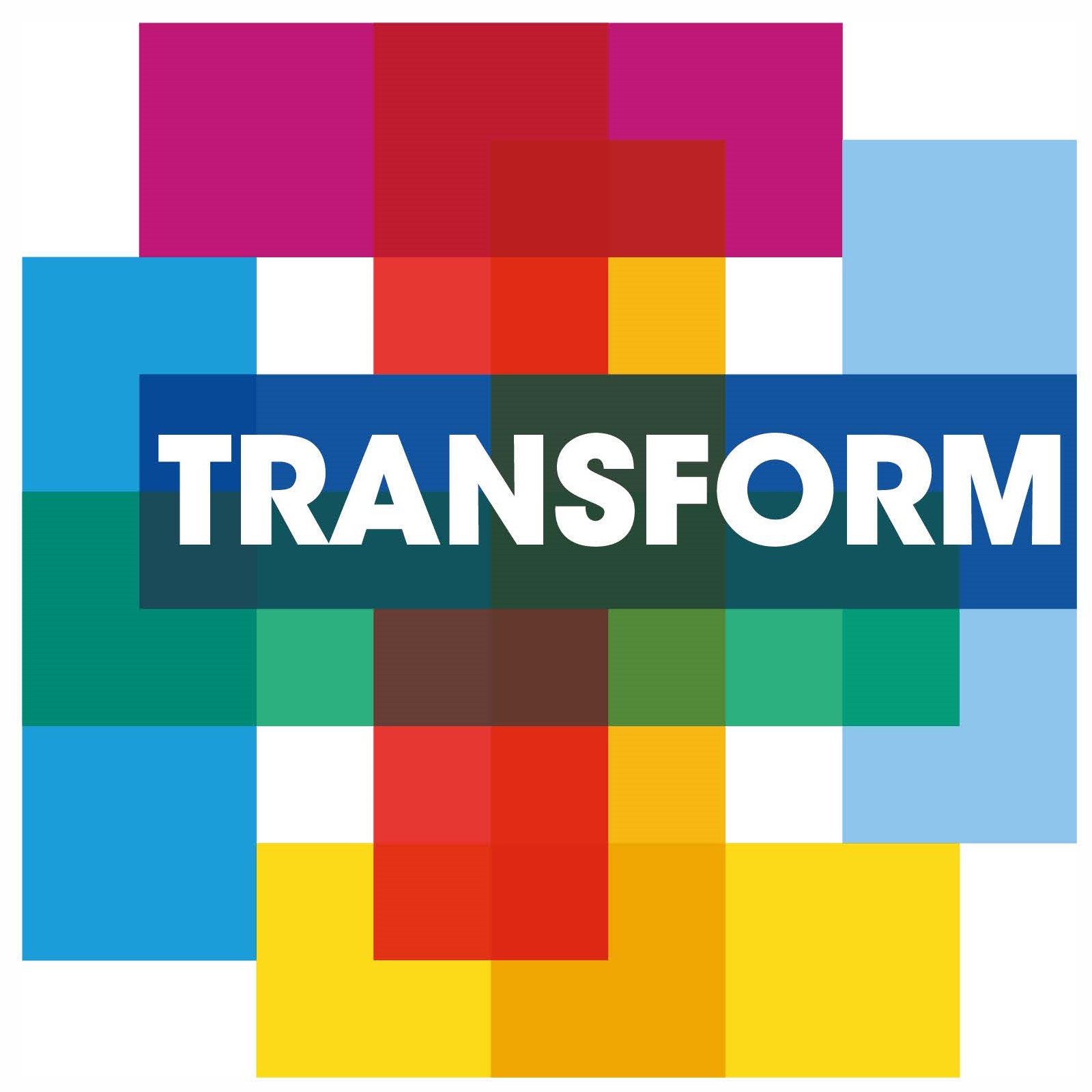

Both individual and group level interventions that aim to change social norms can now leverage digital technologies such as web forums, Facebook, WhatsApp or similar platforms to create online communities. Knowing when and how online communities stimulate online change and also generate change in their offline community, will greatly expand the scope and scale of social norm change interventions.
TRANSFORM commissioned research on how online networks can initiate social norms change in offline communities. The London School of Hygiene and Tropical Medicine (LSHTM), in collaboration with the Busara Center for Behavioral Economics, conducted qualitative research to understand how norms related to modern contraception manifest themselves in participants’ social-cultural contexts. This qualitative research informed the development of the intervention materials and the design of two experimental studies on how changes in social norms, related to use of modern contraception methods, can diffuse from online to offline communities.
This project sought to explore the gender norms - the unwritten expectations of acceptable actions for men and women - that affect women’s ability to access modern methods of family planning (FP) in Nairobi, Kenya. While most attention to changing gender norms has gone into time-intensive, community-based conversations, questions remain on whether changing gender norms can happen at a faster pace as a result of digital technologies that are increasingly being used in sub-Saharan Africa, particularly by young people.
Insights from the research increase the effectiveness of online campaigns for social norm change.
Get in touch with London School of Hygiene and Tropical Medicine
If you would like to learn more or explore more opportunities for below collaboration, click below to connect with this enterprise.
contact